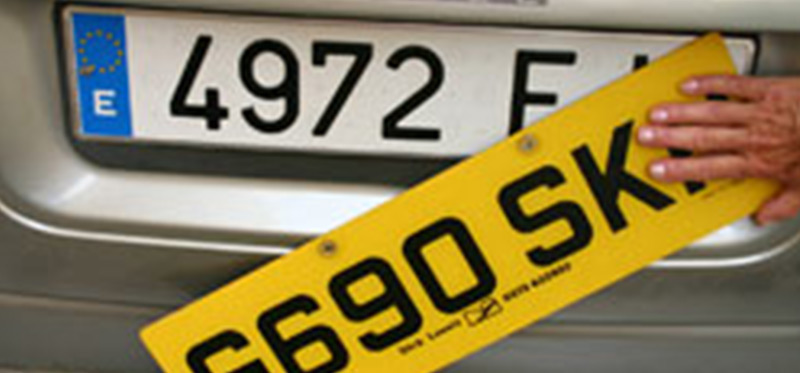Yes, the Spanish authorities will class your vehicle as part of your personal possessions brought with you to Spain and will exempt you from tax, but only within 2 months of your arrival (see below) and if you can meet the following criteria.
a) If you have owned the vehicle for more than 6 months (as shown on the vehicle registration document) before obtaining Padron/Residencia/paying Spanish income tax.
And Then...
a) Your original "Padron" is less than 2 months old.
IF YOU HAVE BEEN LIVING IN THE UK OUTSIDE OF SPAIN AND ARE A BRITISH PASSPORT HOLDER:
b) You can prove that you have lived in the UK outside of Spain for at least 12 months. This can be done via a letter from your employer or information from the UK tax authorities for example. Having a property, bank account or being on the electoral role is inadequate for this purpose
c) You obtain a Notary letter confirming your past and present addresses and the date that you moved to Spain
IF YOU ARE NOT A BRITISH PASSPORT HOLDER
You may be able to obtain a Baja Consular (residency transfer document) from your Consualte
Or you may have other official documents supporting the fact that you lived in a specific country
Please contact us for specific advice regarding this subject as it may not be straightforward
Please note that for importation purposes, the date of your arrival in Spain is taken as the date that you APPLY for your FIRST Padron at your present address (or "Residencia" at any address)
Most countries have a Consulate in Alicante (including Ireland)
Other Consulates can be found via the web on http://embassy.goabroad.com/embassies-in/spain
